Hansie Cronje, a former captain of South Africa, was arrested in 2000 by the Delhi Police for having a relationship with Sanjay Chawla, a member of the Indian betting syndicate. This incident is still regarded as the most significant match-fixing scandal in the history of cricket. Among cricket’s biggest match-fixing scandals are also the IPL match-fixing scandal from the sixth season and the 2000 match-fixing scandal.
Match-fixing, like gambling and betting, has become a hugely profitable business for both players and shady syndicates – that is, until they are caught. You have compiled a list of cricket match-fixing scandals that severely tarnished the gentleman’s game.
Greatest Match-Fixing Scandals In Cricket
1. Hansie Cronje
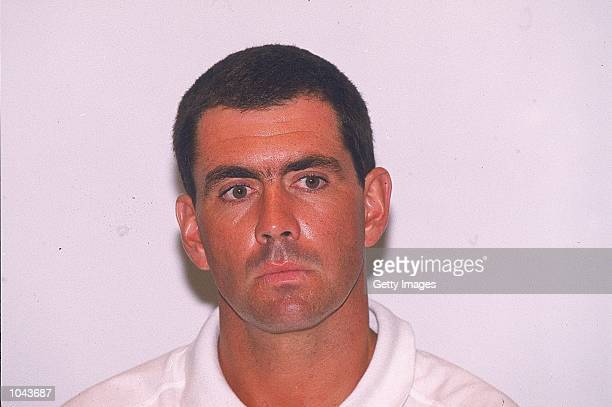
In 2000, when the Delhi Police revealed that they had recorded shady conversations between Sanjay Chawla and Hansie Cronje, it became one of the biggest match-fixing scandals in cricket history.
Cronje, a successful and beloved South African cricket player, was adored by fans.
However, his involvement with Sanjay Chawla made him controversial. Sanjay was uncovered as a well-known member of the Indian betting syndicate. Cronje initially denied all charges of match-fixing, but he later broke down during cross-examination.
Hansie Cronje ultimately faced a lifetime ban from playing cricket. Additionally, when he passed away in a plane crash in 2002, there were rumors that Cronje had been murdered.
2. IPL Fixing Controversy

One of the biggest match-fixing scandals in cricket is bound to involve a premier league in a nation where cricket is a religion. The Delhi Police brought charges against three Rajasthan Royals cricketers, Ajit Chandila, Ankeet Chavan, and S. Sreesanth, for their participation in spot-fixing during the sixth season of the Indian Premier League.
The police then looked into 23 other people for betting and other illegal activities, including bookies, actors, and co-owners like Vindu Dara Singh and Gurunath Meiyappan. They were also accused by the police of having connections to the underworld lords Chhota Shakeel and Dawood Ibrahim.
A number of people, including Sreesanth and Chavan, were freed due to a lack of evidence and coordination among the police departments.
3. 2000 Match Fixing Controversy

In the year 1998, an Indian player named Manoj Prabhakar raised the alarm. He gave the BCCI shocking information, which led to one of the biggest match-fixing scandals in cricket history. Jadeja accused them of trying to bribe him with Rs 25 lakh from a teammate.
He attempted to compensate Manoj for his poor performance in a 1994 match against Pakistan. Prabhakar was pointing his finger at Kapil Dev, according to the investigation. In 2000, Azharuddin and Ajay Sharma faced a complete ban after officers raided the homes of prominent cricket players and officials. Manoj Prabhakar, Ajay Jadeja, and Ajay Sharma were also accused by the police of having ties to bookmakers.
4. Mohammad Azharuddin
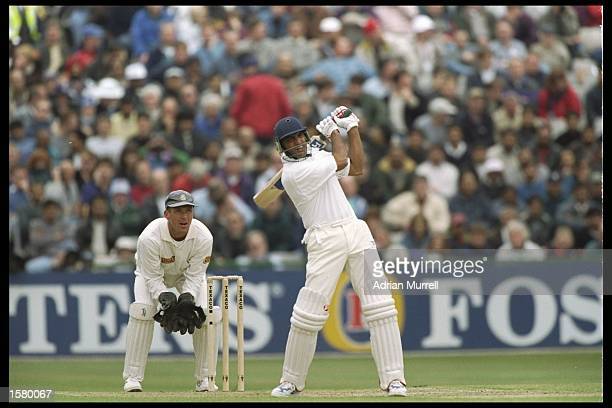
Mohammad Azharuddin was an outstanding batsman and accomplished captain of the Indian Cricket Team during the 1990s. In 2000, he was accused of fixing a match. Hansie Cronje, a cricket player from South Africa, is accused of fixing matches.
He told investigators that Azhar introduced him to bookmakers when he admitted his wrongdoings. As a result, he was found guilty by the police of fixing three ODIs.He was then permanently banned by the BCCI and ICC.
Azhar later claimed that because he was Muslim, he was being pulled into a conspiracy. However, the ban was lifted in 2012 by the Andhra Pradesh High Court.
5. Salim Malik
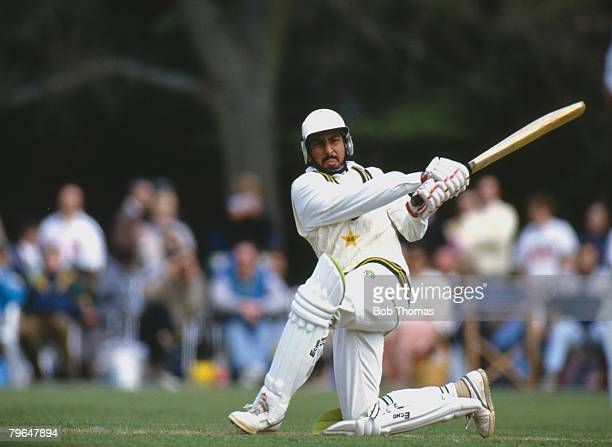
Salim Malik, who captained the Pakistani cricket team in the 1980s and 1990s, was hailed as a great cricketer. However, it remained until his involvement in the most significant match-fixing scandals became known. He became the first cricketer to be banned for match-fixing in the 21st century.
Malik was suspended while serving as captain during a cricket tour that included Zimbabwe and South Africa. He denied the allegations made against him by the authorities and carried on playing. Malik’s playing career came to an end after more than 100 Test matches. He was sentenced to a life ban after the authorities found him guilty of cricket match-fixing scandals.
6. Shane Warne & Mark Waugh
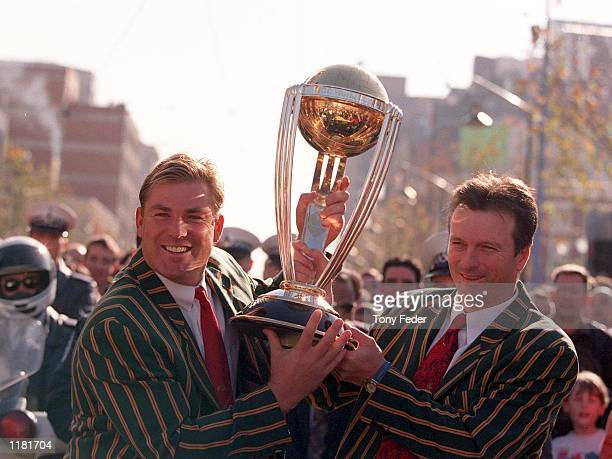
In exchange for money, Australian cricketers Mark Waugh and Shane Warne provided Indian bookmaker John the Bookmaker with weather and pitch information from 1994 to 1995. This was the biggest match-fixing scandal of the 1990s, and the Australian Cricket Board was actually very eager to cover it up at first.
When the matter came to light in 1998, both Warne and Waugh offered defenses, claiming that they had never disclosed strategic information.
Random fact: It’s interesting to note that Pakistani cricket captain Saleem Malik had Shane Warne testify against him for attempting to bribe him into losing matches. The world continues to seriously question his credibility despite this disclosure.
7. Pakistan’s No-Ball Scandal

In 2010, a News of the World sting operation exposed Pakistani national cricket team members for accepting bribes from a bookmaker named Mazhar Majeed in exchange for playing no-balls.
Salman Butt, Mohammad Asif, and Mohammad Amir were all found guilty and banned by the International Cricket Council (ICC) for five to ten years.
In addition, in 2011, they were charged with conspiracy and deliberately playing no-ball in Test matches, and they were sentenced to 6 to 32 months in prison.
8. Mervyn Westfield
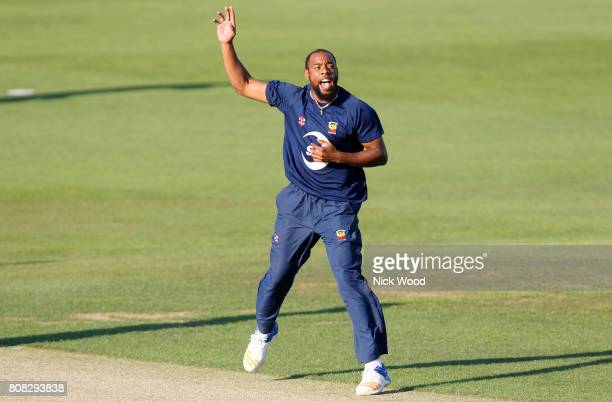
Mervyn Westfield confessed and became the first English cricketer to be found guilty of spot-fixing in one of cricket’s biggest match-fixing scandals. Westfield was taken into custody by the police in 2012 on suspicion of “match irregularities” during the domestic 2009 season. He admitted paying £6,000 as a bribe for intentionally bowling wide.
He was sentenced to four months in prison in 2012, and the English Cricket Board imposed a lifetime ban on him from playing cricket in England and Wales.
9. Marlon Samuels
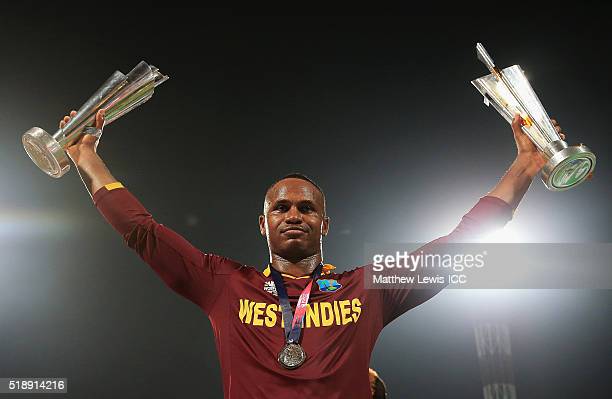
When the West Indies cricket team won the ICC World Twenty20 (2012), Samuels was a member of that team. But before that, in 2008, he was moved to a bookmaker ahead of the West Indies-India match in Nagpur in 2007 because he was suspected of giving out information about team tactics.
Even though Samuels claimed innocence, recordings of telephone conversations provided sufficient evidence to warrant a two-year ban. Marlon Samuels returned to the field after a brief suspension and established a successful career.
10. Maurice Odumbe
During Kenya’s victory over West Indies in the 1996 Cricket World Cup, this Kenyan cricketer was named Man of the Match. He was one of the best players on the team. The ICC investigated Odumbe in 2004 in response to suspicions of match-fixing and found him guilty of accepting bribes. He has been banned for five years as a result.
Odumbe said he would come back from one of the worst match-fixing scandals in history, despite the fact that many people thought the ban would end his career. Odumbe began participating in domestic competitive cricket in 2009

